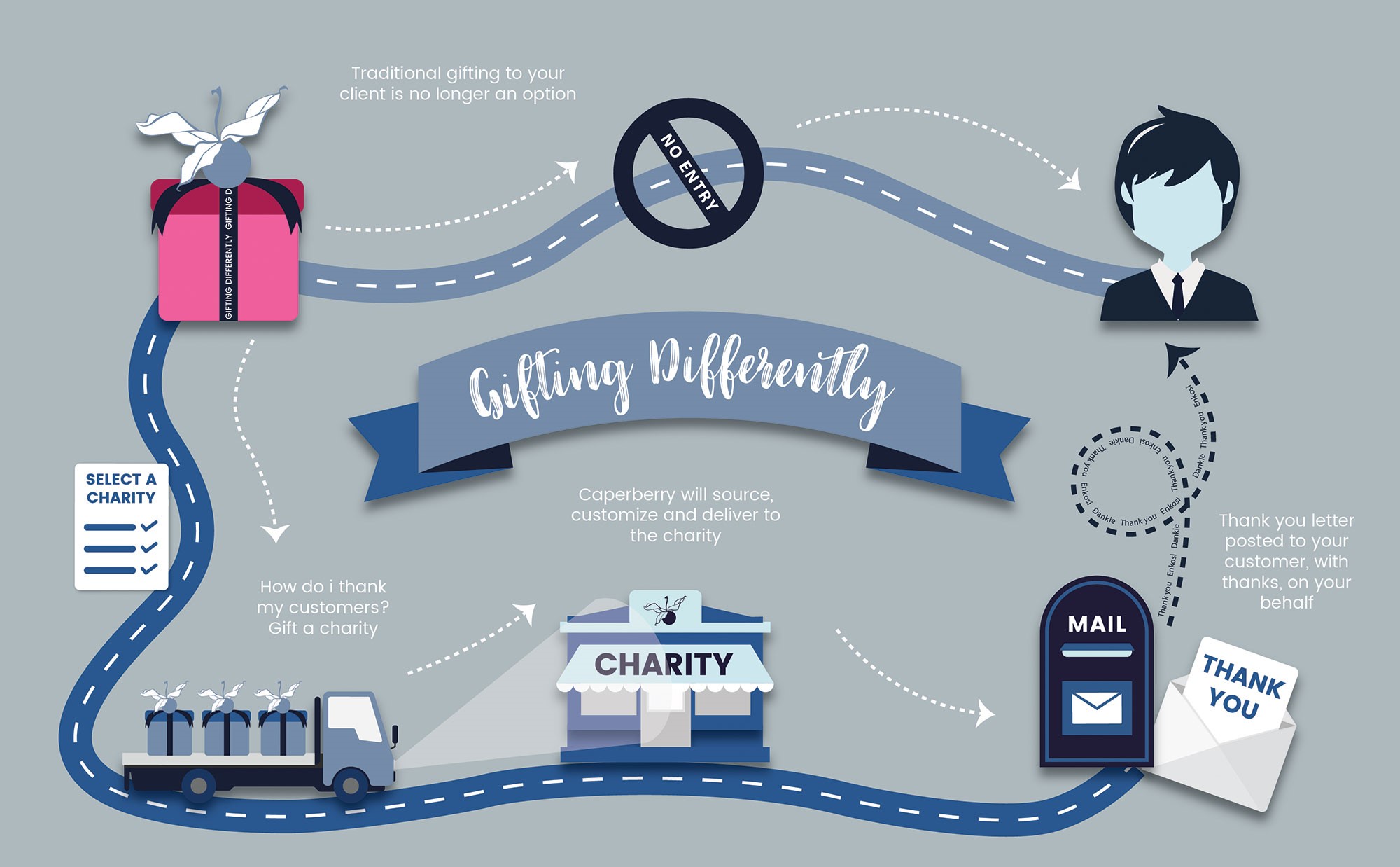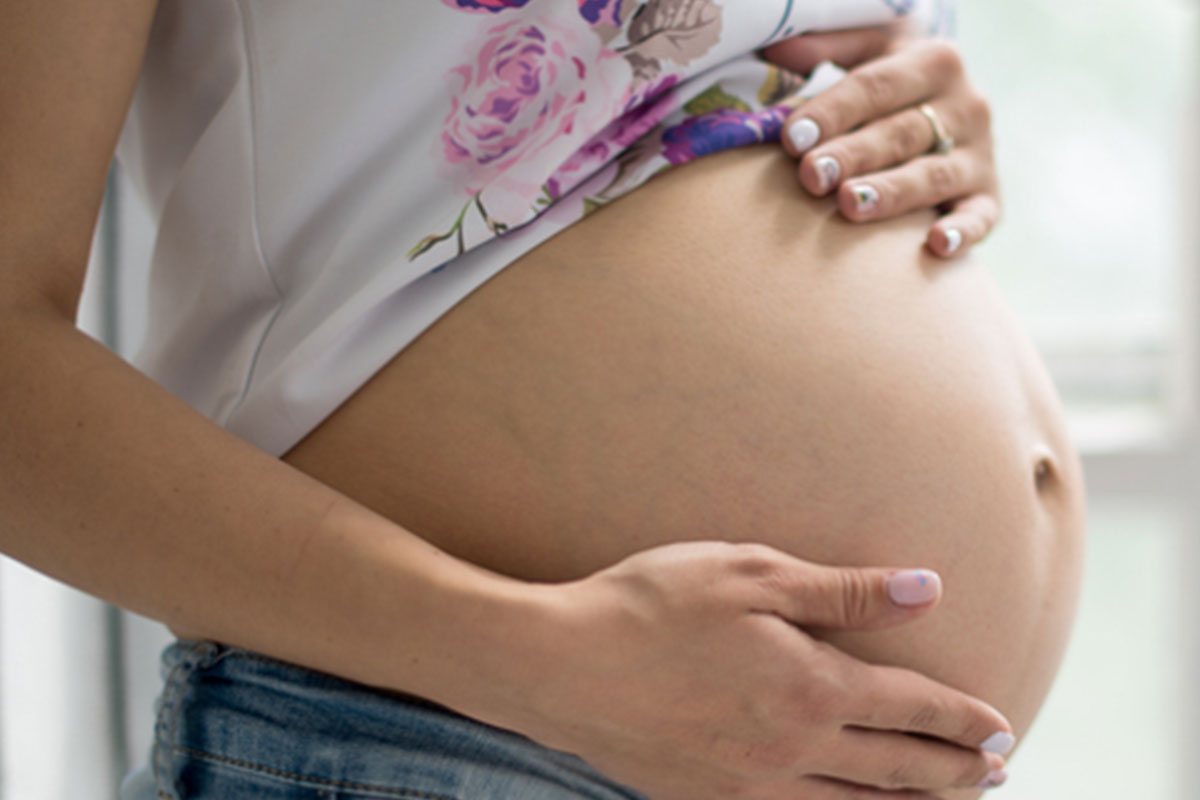Exquisite Online Hampers in Australia
As passionate purveyors of joy, we specialize in crafting hampers that evoke emotions, create memories, and celebrate life’s most precious moments.


Gourmet Indulgence
Treat their taste buds to a culinary journey with our selection of gourmet delights, including artisanal cheeses, premium wines, and handcrafted chocolates.

Pampering Paradise
Create a spa-like retreat in the comfort of their own home with our luxurious bath and body hampers, filled with rejuvenating skincare products, aromatic candles, and plush towels.

Bundle of Joy
Welcome the newest addition to the family with our adorable baby hampers, featuring cuddly toys, organic baby skincare, and practical essentials for new parents.

Custom Creations
Let your creativity shine with our custom hamper service. Mix and match their favorite treats, add a personal touch with a custom message, and create a one-of-a-kind gift that speaks volumes.
Explore our collection of online hampers at Momvelous and discover the gift delivery Australia to make every occasion extraordinary. With our handpicked selection, unparalleled quality, thoughtful customization, and hassle-free delivery, giving the perfect gift has never been easier. Shop now and make every moment Momvelous!
Why Choose Momvelous?
Handpicked Selection
Our team scours the country to handpick the finest products from local artisans and renowned brands. From artisanal chocolates and gourmet treats to luxurious spa essentials and adorable baby gifts, each item in our hampers is chosen with meticulous attention to detail, ensuring a truly memorable experience for both the giver and the recipient.
Unparalleled Quality
Quality is our top priority at Momvelous. We believe that every gift should reflect the highest standards of excellence and craftsmanship. That’s why we partner with trusted suppliers who share our commitment to quality, ensuring that every product in our hampers is of the utmost quality and freshness.
Hassle-Free Delivery
Sending love and joy to your loved ones has never been easier with Momvelous. Our hassle-free delivery service ensures that your gift arrives safely and on time, wherever they may be in Australia. Whether you’re surprising a friend in Sydney, congratulating family in Melbourne, or sending best wishes to a colleague in Perth, we’ve got you covered.
Some Feedback
What Our Clients Say
Lorem ipsum dolor sit amet, consectetur adipiscing elit. Ut elit tellus, luctus nec ullamcorper mattis, pulvinar dapibus leo.

Momvelous truly lives up to its name! I recently ordered a custom hamper for my colleague’s promotion, and it was a huge hit. The ability to personalize the gift made it even more special, and the recipient was over the moon with joy. From the quality of the products to the attention to detail in packaging, Momvelous goes above and beyond to deliver excellence. I’ll definitely be a repeat customer!

I’ve been a loyal customer of Momvelous for years, and I can’t recommend them enough! Their hampers are always beautifully curated with top-notch products. Whether it’s a gourmet indulgence for a family member or a bundle of joy for a new arrival, Momvelous never disappoints. Their customer service is outstanding, and their delivery is always prompt. Thank you for always exceeding my expectations!

Wow! I ordered a pampering paradise hamper from Momvelous for my best friend’s birthday, and it was an absolute hit! The products were of exceptional quality, and the presentation was stunning. She said it was the best gift she’s ever received! Thank you, Momvelous, for making her day extra special.
The Ultimate Guide to Easter Gift Hampers: Sweet Surprises Delivered
Celebrate Easter with Elegance: Gourmet Hampers for the Season
Exploring Perth: A Local’s Guide to Gift Baskets with a Twist
Adelaide’s Guide to the Perfect Gift Baskets for Every Season
How To Conceive A Baby Girl Naturally: 10 Tips
5 Ways To Make Your Teenager Think You Are The Coolest Mom
10 Things A First Time Expecting Mom Should Do Before Baby Arrives
Canola Vs Vegetable Oil: Which Is Healthier









